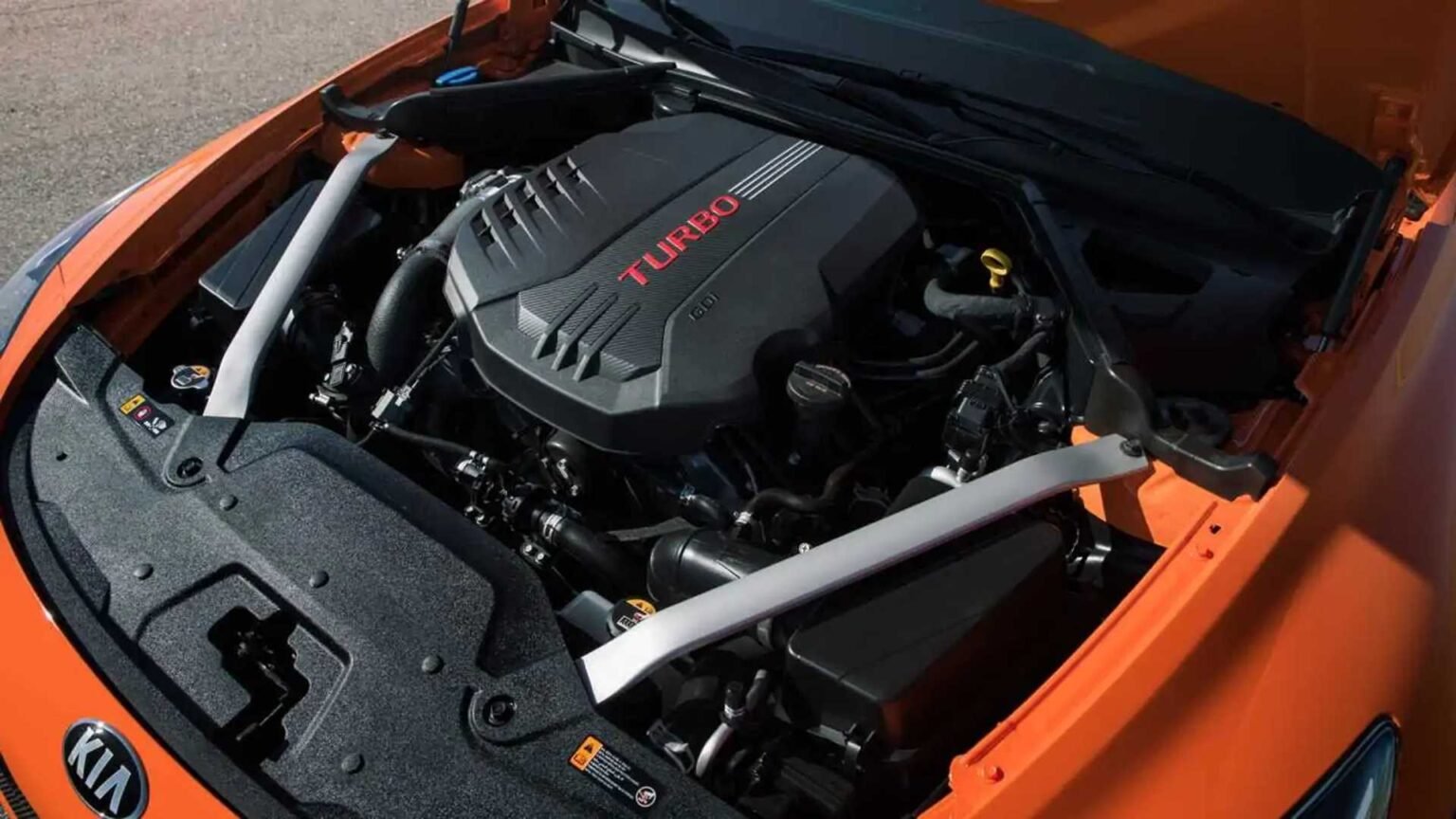We recently mourned the loss of fun gas-powered cars in Europe due to tightening emissions regulations. But the situation is actually much worse. The gradual demise of performance vehicles with combustion engines is happening worldwide. Kia is the latest automaker to announce that its future sports cars will be purely electric to meet stricter legislation.
Kia Australia’s product chief, Roland Rivero, told Carsales that automakers have no choice but to “satisfy the global situation and CO2 regulations are tightening all around the world.” If there is a silver lining in all of this, it’s that the GT badge will live on for more electric models. The new EV4 is a prime candidate to receive the electric GT treatment.
Rivero remains optimistic about catering to enthusiasts, even in an increasingly electrified era. He believes “there’s no reason why an electrified product can’t give you a similar experience [to internal combustion performance cars], albeit with some computer tech and whatnot.”
Still, another car like the Stinger GT with its V-6 engine isn’t going to happen. The GT badge is already appearing on electric models, such as the supersized EV9 GT. Meanwhile, the smaller EV6 GT recently received an update that includes simulated gear shifts and engine sounds, “features” that tie into Rivero’s “computer tech” comment.
Hyundai’s N division may have axed the i20 N and i30 N hot hatches, the Kona N crossover, and the quirky Veloster N, but it’s not ready to abandon internal combustion just yet. The company still sells the Elantra N and has pledged to launch a next-generation model with a bigger engine. Earlier this year, N division co-founder Joonwoo Park hinted in an Auto Express interview that hybrid powertrains could help keep fun ICE cars alive under the N badge.
Addressing the elephant in the room, any hybrid or EV with performance chops will come with a weight penalty. This is especially true for fully electric performance cars, but it’s a compromise carmakers seem willing to accept. Hyundai and Kia appear to be leaning into SUVs for now, which only exacerbates the situation.
But that’s the reality of 2025. Consumers want SUVs, and governments want automakers to reduce the emissions of their fleets. To satisfy both demands and stay in business, car companies are producing more electric SUVs. A few of these receive upgrades to earn their GT and N badges, which were exclusive to combustion-engine cars not long ago.
Hyundai’s luxury brand Genesis does have a new twin-turbo V-8, but it’s intended solely for race cars.
Read the full article here


